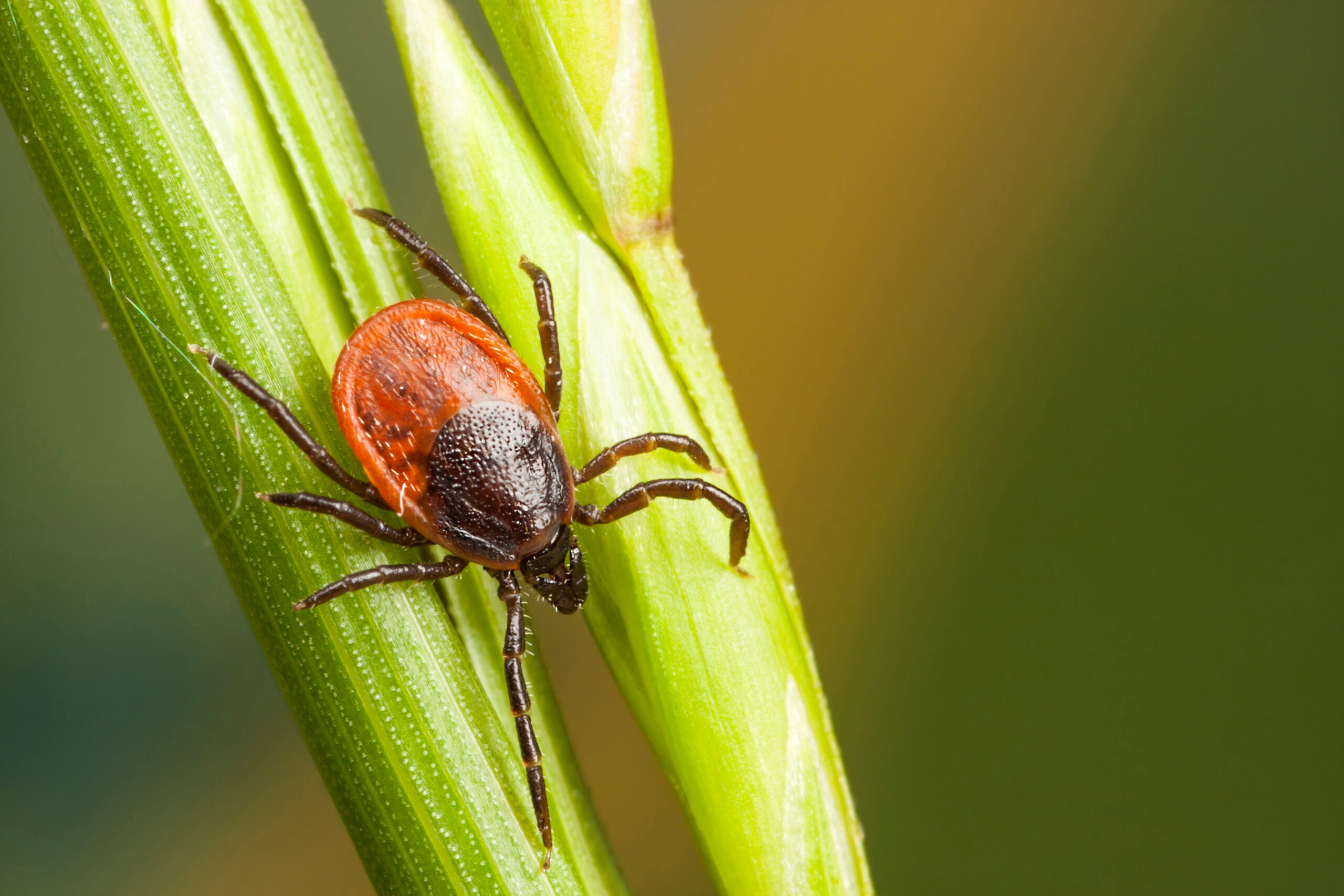Mike has been super professional and thorough with tick spraying our yard. Southbury has an abundance of them. With a toddler and a dog in the yard spraying this year was a necessity. Mike at tick and turf took the time to walk the property with my husband to make suggestions and show where and how deep he would spray. We have been extremely happy with his services and wouldn't hesitate to recommend him to friends and family.
Protect your family with year-round tick control
Ticks in Connecticut carry dangerous diseases like Lyme Disease, Powassan Virus, and West Nile Virus. Protect your family and pets with Tick & Turf’s professional tick control services. Unlike larger pest control companies, we offer custom plans that fit every customers needs.
Why Choose Tick & Turf?
Why Us
Commercial Sprayers
Our applicators shoot with enough pressure to hit 30 to 40 feet into your wooded areas, disrupt brush piles where ticks hide and mist lawn.
Expert Technicians
Licensed professionals with local expertise.
Immediate Results
Enjoy a safer outdoor space just one hour after treatment.
Tick Control Options
We offer two highly effective treatment options:
Organic Tick Spray
- A custom blend of woody oils and a natural sticker.
- Safe for children, pets, and the environment.
- Applied to lawns, flower beds, and property borders.
Traditional Tick Spray
- Fast-acting with immediate results.
- Dries in minutes—kids and pets can play right after application.
- Covers lawns, flower beds, and property borders.
Seasonal Tick Spray Program
Our seasonal program ensures maximum tick control during the times of year ticks are most active:
Spring Spray (Highest Bite Risk)
Targets nymph ticks, which require two blood meals to mature. These ticks often feed on kids, pets, and wildlife like deer and chipmunks.
Summer Spray
Focuses on adult ticks, which are often reintroduced to your property by deer, mice, and other animals.
Fall Spray
Targets pregnant ticks, preventing a population explosion in the spring when the bite risk is highest.
Areas We Target
Our technicians treat the areas where ticks are most likely to thrive:
- Lawn areas and landscape beds
- Property borders
- Ornamentals & all shrubbery
- Under decks and fence lines
- Overgrown or transitional areas




